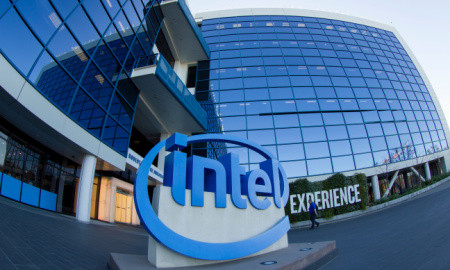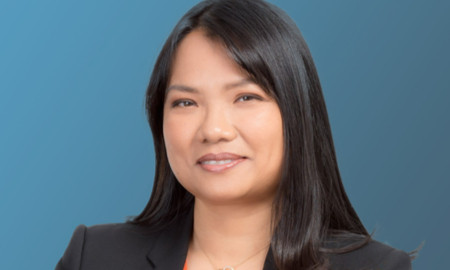Sign up for our free daily newsletter
YOUR PRIVACY - PLEASE READ CAREFULLY DATA PROTECTION STATEMENT
Below we explain how we will communicate with you. We set out how we use your data in our Privacy Policy.
Global City Media, and its associated brands will use the lawful basis of legitimate interests to use
the
contact details you have supplied to contact you regarding our publications, events, training,
reader
research, and other relevant information. We will always give you the option to opt out of our
marketing.
By clicking submit, you confirm that you understand and accept the Terms & Conditions and Privacy Policy
Allen & Overy has secured a victory at the US Patent and Trademark Office (USPTO) for digital health tech company ResMed, invalidating seven patents that had been asserted against it by New York University (NYU).
NYU had alleged that ResMed’s AutoSet and AutoRamp, features of its AirSense 10 AutoSet flow generators used to treat conditions like sleep apnoea and COPD, infringed one or more claims of seven of the university’s patents.
In June 2021, NYU, represented by Am Law 200’s Goldberg Segalla and Delaware-based Stamoulis & Weinblatt, filed a complaint for patent infringement against San Diego-based ResMed in the US District Court in Delaware.
ResMed filed petitions with the USPTO’s Patent Trial and Appeal Boards (PTAB) stating that all the claims asserted against it were invalid.
The A&O partners advising ResMed included David Tennant, Eric Lancaster and Grace Wang, who were among the team which joined from White & Case in 2021 to found the UK Magic Circle firm’s San Francisco and Silicon Valley offices. A&O also fielded partner Lisa Nguyen, who joined the Silicon Valley office in 2022 from Latham & Watkins.
In decisions issued from 4 December to 7 December, the PTAB judges, agreed with ResMed’s arguments and found that all the challenged claims across the seven patents were invalid.
The patents in dispute were directed towards treatment of sleeping and respiratory disorders.
The PTAB judges heard oral argument from ResMed that the claims of NYU’s patents were invalid over certain prior art, including patents based on work by ResMed and one of its founders Colin Sullivan on devices to treat sleep disorders.
The judges found that ResMed had showed by a “preponderance of the evidence” that the challenged claims of all the seven patents were unpatentable.
The decision now blocks NYU’s ability to continue to assert the patents against ResMed’s products in district court litigation in Delaware that had been stayed because of the PTAB proceedings.
ResMed CEO Mick Farrell said it had more than 9,500 issued or pending patents and designs.
He continued: “We applaud the PTAB’s ruling and will defend our innovations, ensuring patients continue to receive our therapy solutions, empowering them to live healthier, higher-quality lives.”
The A&O team also included Peerpoint by Allen & Overy attorney Jennifer Koh and associates Kamilah Alexander, David Hubbard, Sara Townsend and CJ Chandrashekar.
NYU was represented by Goldberg Segalla’s Michael A. Siem, Kenneth A. Matuszewski, Lynn Lehnert, Cedric C.Y. Tan and Chiara M. Carni. Also representing it was Stamoulis & Weinblatt’s Richard C. Weinblatt and Shekhar Vyas.
Email your news and story ideas to: [email protected]










